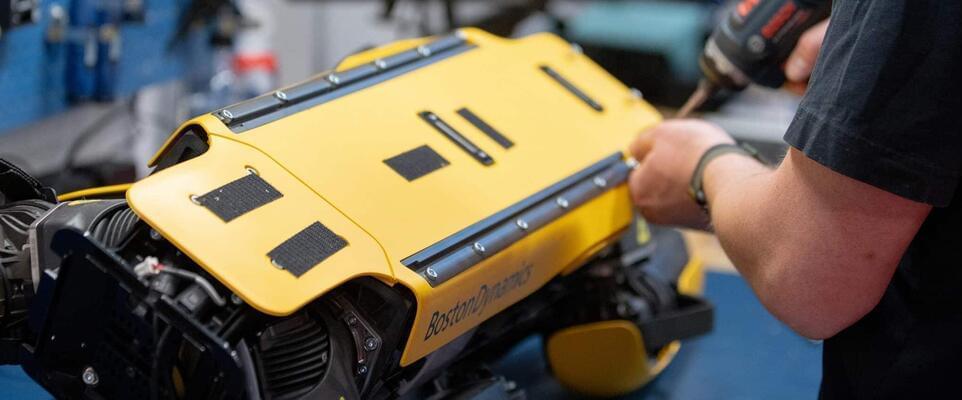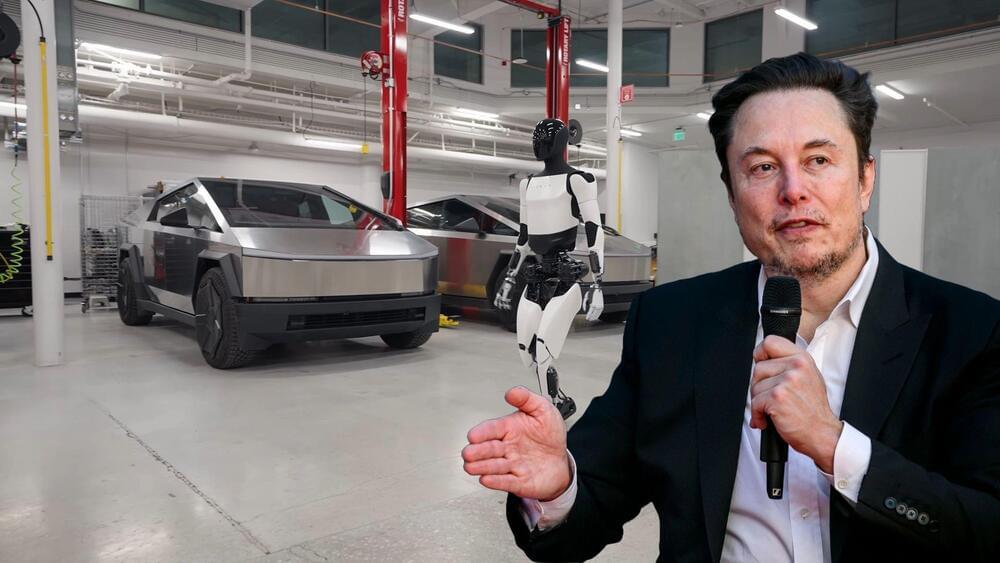Canva has crafted a wildly successful business model on the idea that graphic design should be accessible to everyone.
Adams told TechCrunch+ he’s not worried about valuation drops, anyway. “This year has been one of our best years for growth. We’ve almost doubled on most of our metrics. We’ve had 80 million more active users join since this time last year, so it’s just been up and to the right for us,” he said. “That’s what we focus on: more users, better product, revenue growth.”
Over the last 12 months, Canva has released a slew of generative AI products that Adams said gives both the company and its users a new ability to build features and design work that might not have even been considered five years ago. “For us, AI is going to bring human creativity to the next level,” Adams said, noting that AI will enable Canva to “take great visual communication to a billion people around the world.”
Many companies have jumped on the generative AI bandwagon since ChatGPT disrupted the consumer-facing space in November 2022, eliciting eye rolls and suspicion from many a journalist. But with Canva, generative AI hits different. In fact, it’s hard to imagine a better technology to boost Canva’s user growth and revenue generation. Content is the company’s bread-and-butter, the main reason why Canva has been able to scale to such impressive heights and across global boundaries. That’s because the focus has always been on offering images and templates to suit specific geographic audiences.








